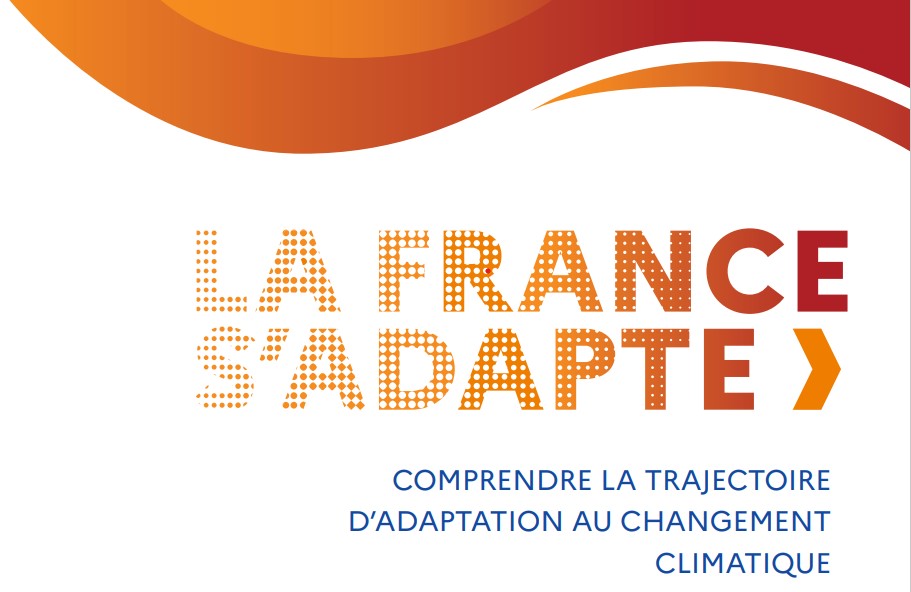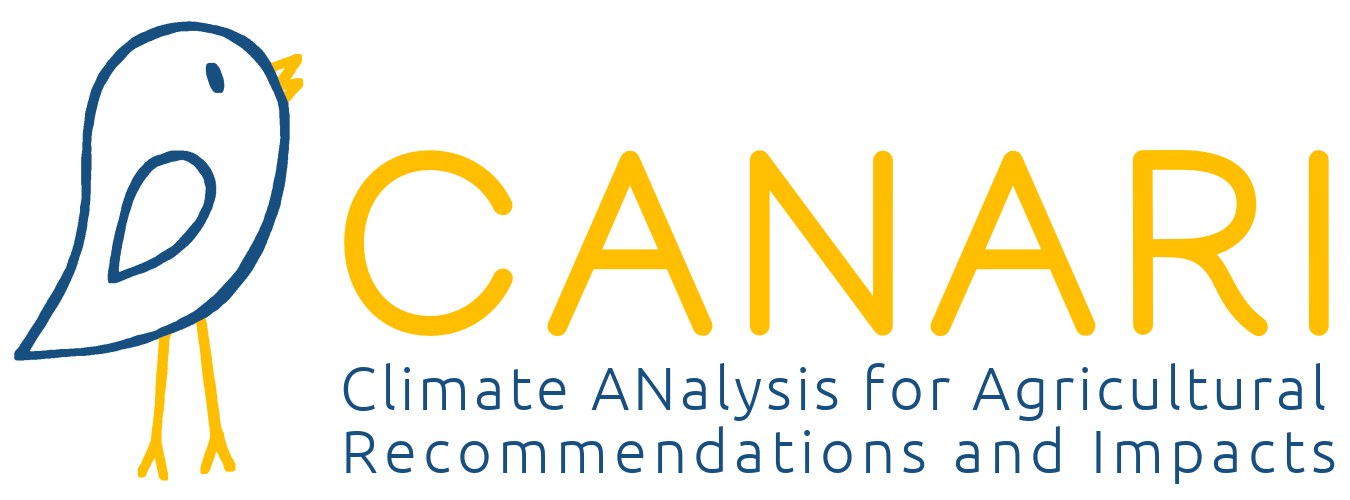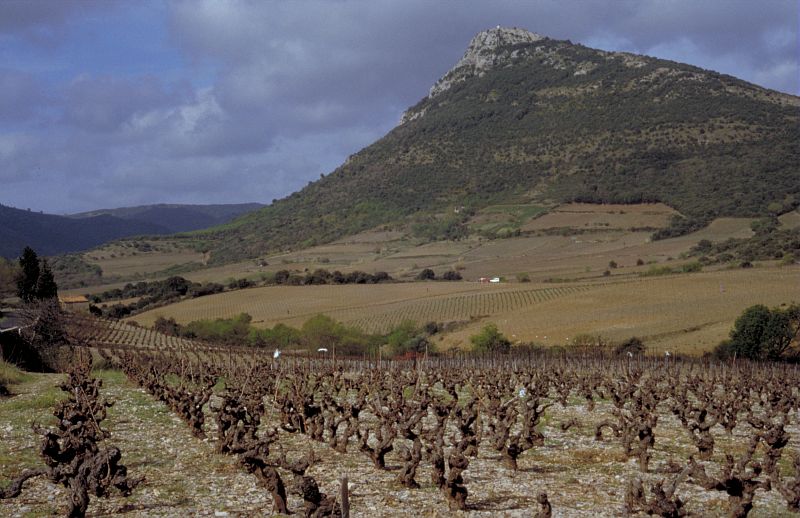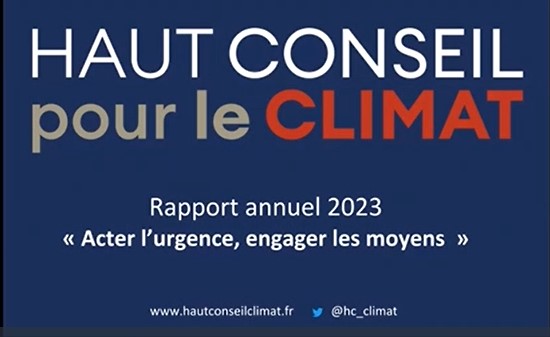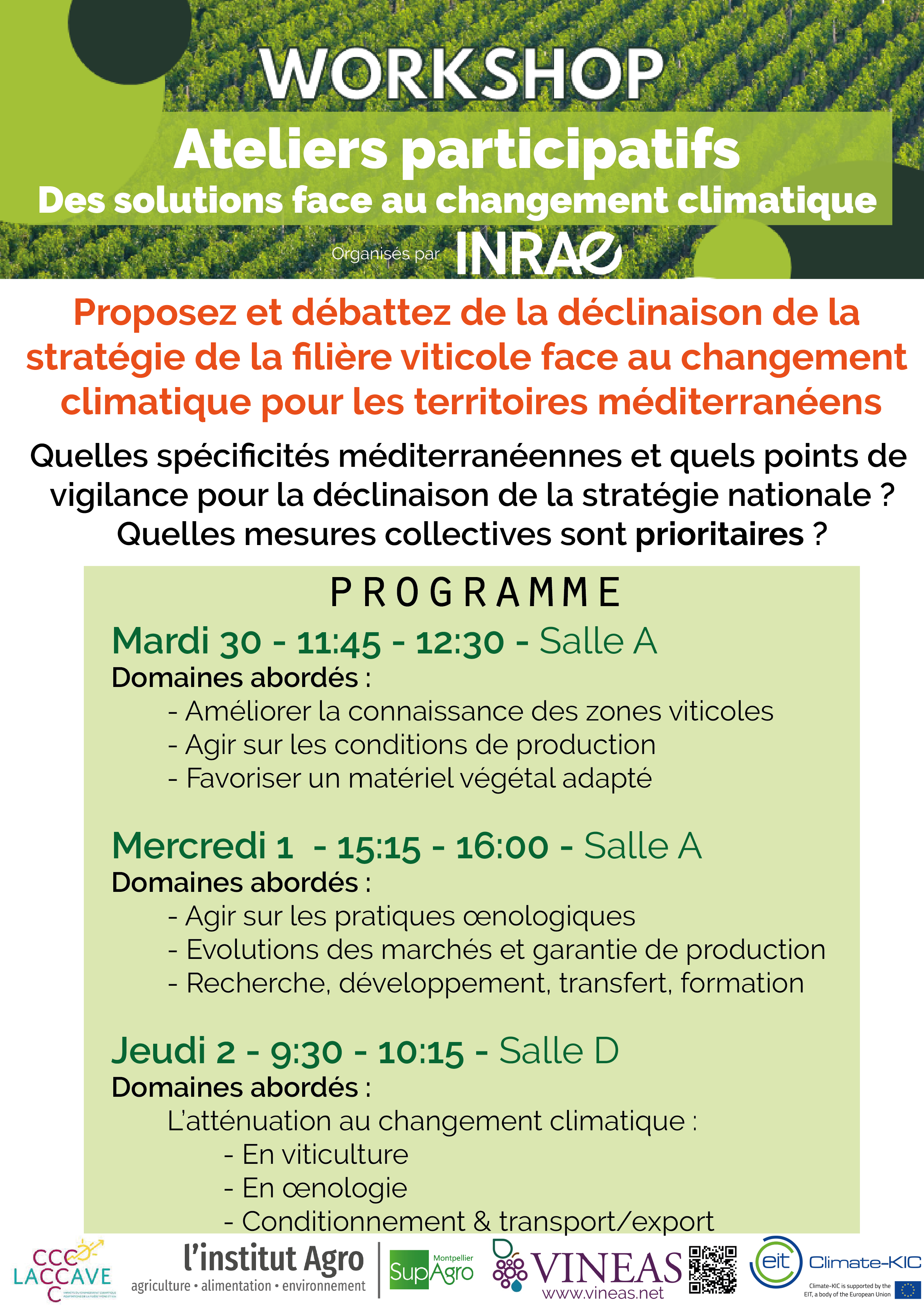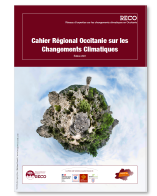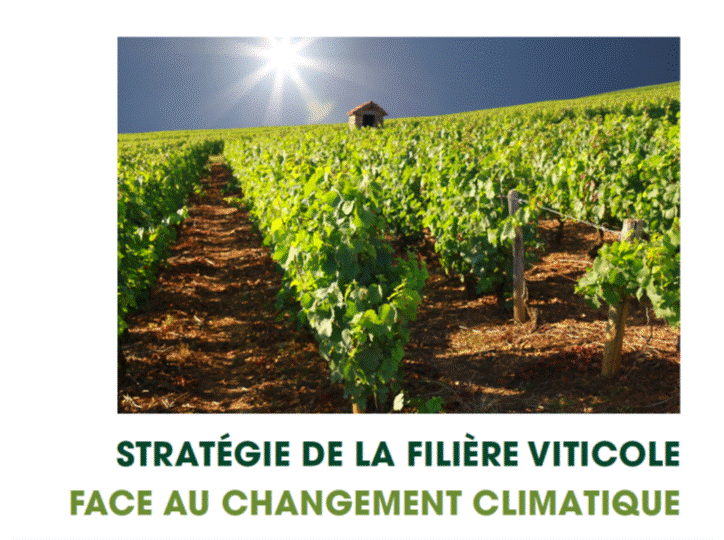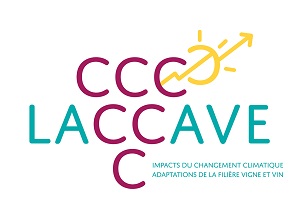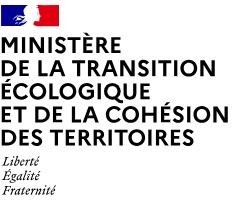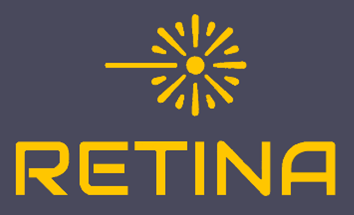Adaptation and Mitigation plans and strategies
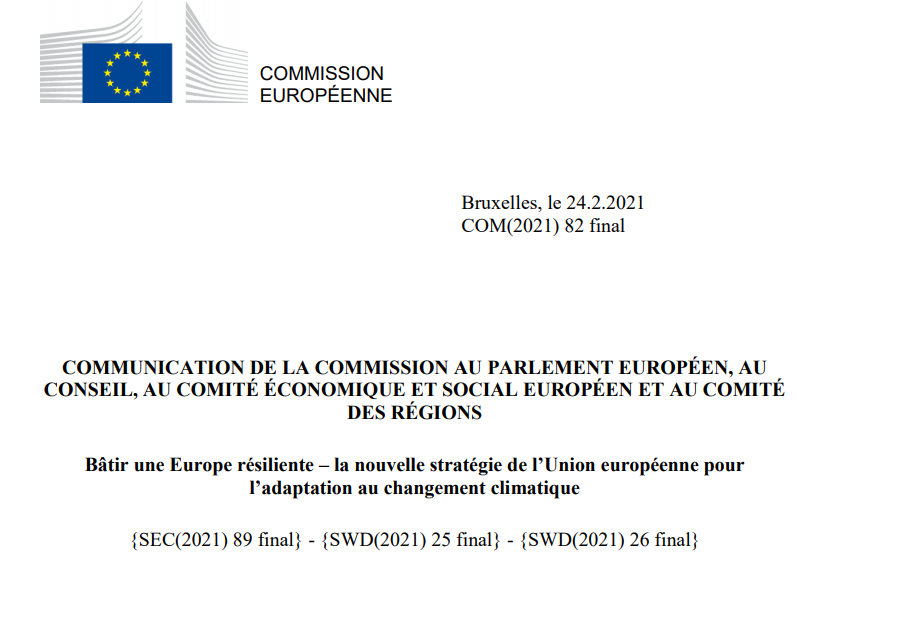
Planification is required to face the challenges of mitigation & adaptation to climate change. Planification is the idea to have a target and define a way to reach this target in a definite future. The level of concreteness of plans is a critical issue. It can be a sum of principles which are not legally nor financially binding. It should integrate the coordination mecanisms and issues between stakeholders to be involved at individual level. The impact of a plan must be observed with care and the implementation should rely on other tools to be effective.
According the institution and its mission these planification tools and documents have different statuses.
The main and highest level "plan" in climat policy is the Paris Agreement who urges countries to keep global warming under a +2°C scenario compared to preindustrial levels.
At the EU level, the European Commission has recently adopted its new adaptation strategy. It targets all sector and is EU wide.
- The new strategy sets out how the European Union can adapt to the unavoidable impacts of climate change and become climate resilient by 2050.
- The Strategy has four principle objectives: to make adaptation smarter, swifter and more systemic, and to step up international action on adaptation to climate change.
At country level, states develop mitigation plans (e.g. the french Low carbon emission strategy Strategie-nationale-bas-carbone-snbc) and adaptation strategies (e.g. the spanish Plan Nacional de Adaptación al Cambio Climático or the French PNACC). Here can be viewed country profiles (climate-Adapt platform)
At regional level there are also planification tools. In France the regions have their "Plan Climat" e.g. Plan Climat (PACA-Fr) who are often principles rather than determined actions, but with a given budget. The Occitanie region has its plan with 200 millions € on 7 years.
At metropolitean or municipality level some tools exist such as in France the Plan climat-air-énergie territorial (PCAET) (e.g. for the PCAET Pic St-Loup) which are oriented towards mitigation mainly.
At country and sector level, here wine value chain, the sector e.g. the sum of the actors involved in a value chain can follow the objective of setting up a plan to coordinate their action towards adaptation or mitigation of climate change. In France for instance an adaptation strategy for the wine industry ("Stratégie nationale d'adaptation au changement climatique de la filière vigne & vin") was drawn up from 2016 onwards by a group of industry organizations who were alerted, supported, trained, informed and nurtured by research and a foresight work, notably from INRAE's LACCAVE program. This strategic plan for the sector was finally submitted to the Minister of Agriculture in 2021. Operational proposals were built in 2022-23 in this wake, and are now financed by CASDAR: the core of the program consists of regional demonstrators set up by the Institut Français de la Vigne et du Vin (Stratégie nationale d'adaptation (recherche))
Updated Nina Graveline & Hervé Hannin - April 2024
Relations
- Network
- List
- Geolocation
- More
The third climate change adaptation plan (PNACC-3) which will contain around fifty measures structured around four axes
- More
Face aux risques de sécheresse, à l’excès de précipitations ou au gel, les agriculteurs ont désormais gratuitement accès à CANARI : une application web open source de visualisation d'indicateurs agroclimatiques qui calcule instantanément des projections climatiques jusqu’à 2100.
- More
Un article dans TheConversation montre que face au changement climatique les vins d'appellation doivent s'appuyer sur une cogestion adaptative de leur terroir
- More
3 workshops of 45 min each have been proposed to downscale the national vine & wine sector adaptation to climate change strategy at the french Mediterranean scale
- More
La profession a élaboré sa stratégie d'adaptation en se basant largement sur le travail de recherche interdisciplinaire du projet LACCAVE conduit par INRAE depuis plusieurs années
- More
Changement climatique : les ODG favorables à des accompagnements
Dans le cadre du projet VitiREV (volet recherche participative & observatoires ; 2019-2027), un groupe de chercheurs (UMR EGFV de l’Institut des Sciences de la Vigne et du Vin à Villenave d’Ornon) a conduit une enquête auprès des représentants des ODG viticoles de Nouvelle-Aquitaine. L’enjeu : recue
